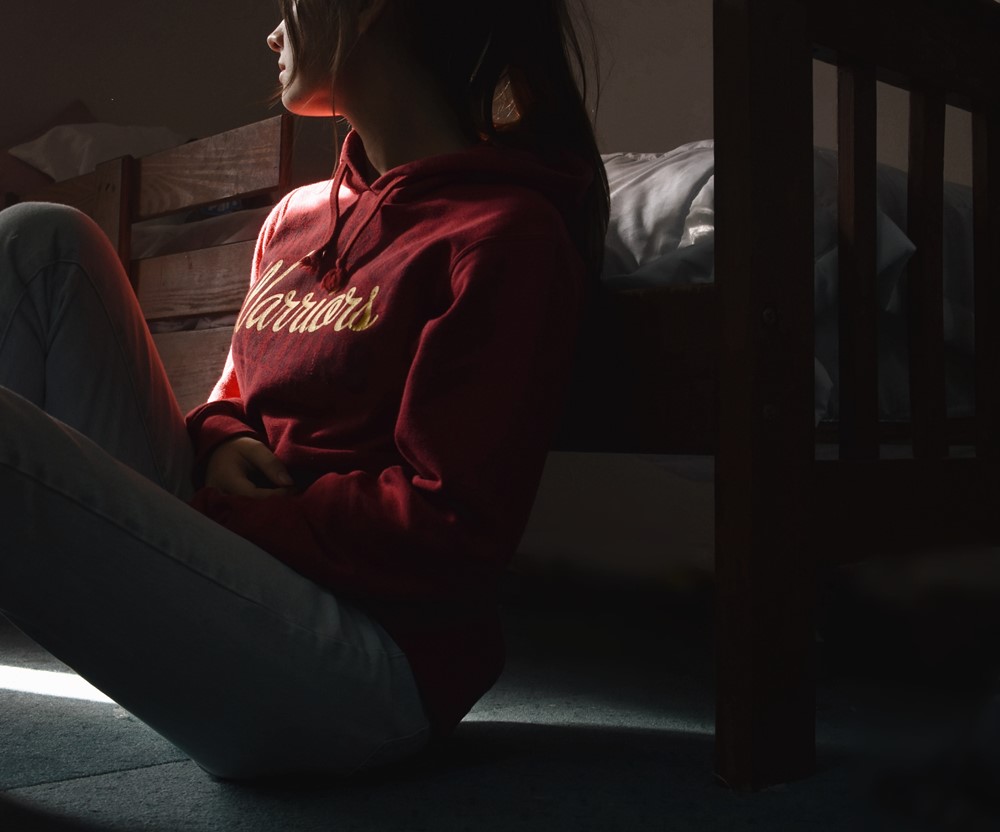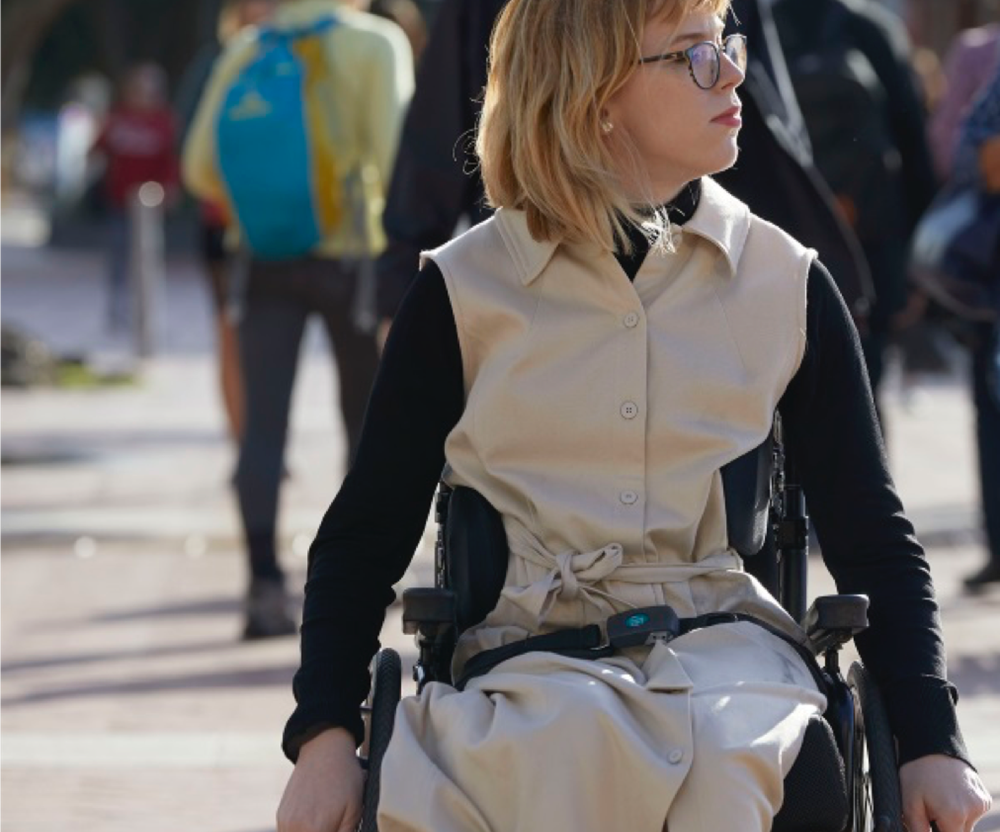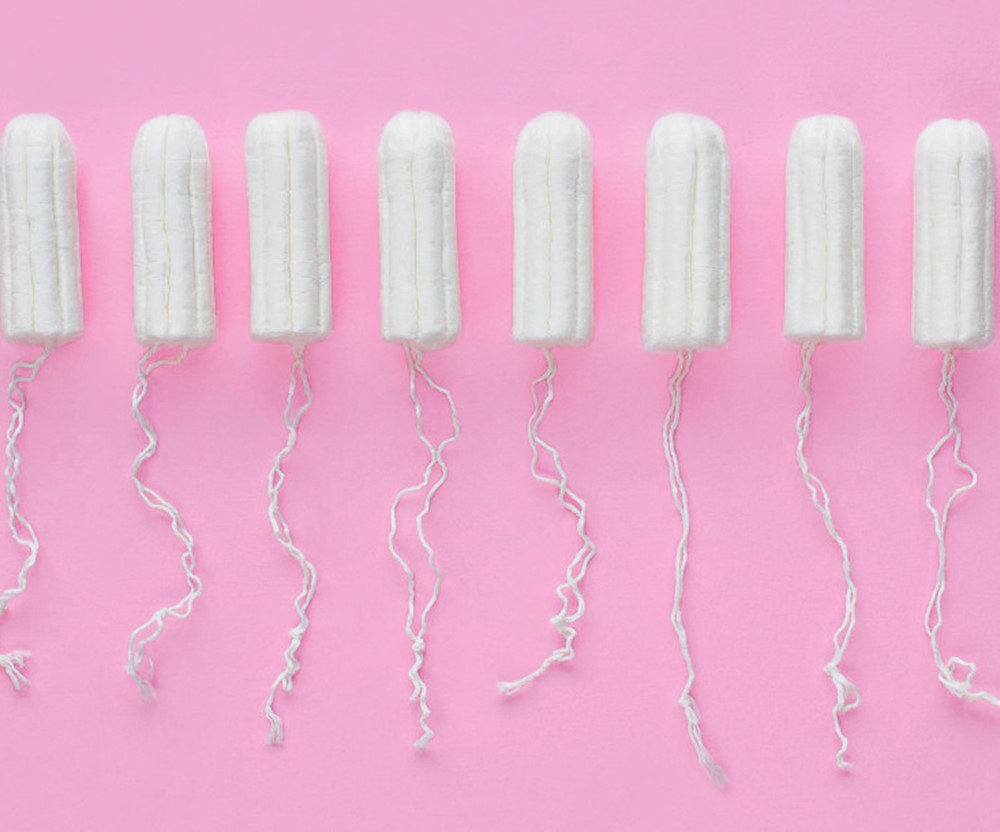

Why should we still care about Body Image?
Our Insights Specialist Anna says: "Nothing elicits an eye-roll more from young women these days than when you bring up the topic of Body Image. Born digital natives, they entered a world that was well aware and vocal about photoshopped images, about the over-representation of young, thin and white as the default, and about the over-sexualisation of women’s bodies. Schools teach them about the harms of negative body image. The popularity of influencers on social media that promote body positivity continues to rise. But the general consensus seems to be “yeah, we know all this but I still hate my body“. Research links poor body image and body dissatisfaction with a higher risk of depression, anxiety, bullying, reduced physical activity, poorer sexual health, diminished sexual negotiation, increased drinking and smoking, lower self-esteem, unhealthy eating behaviours and eating disorders.
What causes negative body image and what can we do about it?
Young women live in a world ideally primed for body obsession. Social media keeps us hooked into a validation trap hinged on images. Powerful industries profit off of keeping us insecure about what we look and feel like in partnership with a media world that elevates unrealistic body ideals and sexualises women’s bodies. This trickles down into our own behaviours - our words and judgements - which reinforce these narratives. It’s a vicious cycle. The way in which our experiences and environment affect young women's body image will be different for everyone.
Research suggests that body image may be influenced by:
- Body type ideals
- The media and social media
- Fat stigma
- The way that parents and other close whānau members think, act, and speak about their own body as well as their children’s bodies
- Body/appearance comparisons, bullying, and fat-talk from their peers
There is much we can do to fight back against the culture of body dissatisfaction and systems that profit from it. Action can be taken from the individual and community level right through to the regulatory, education, industry and public health level.
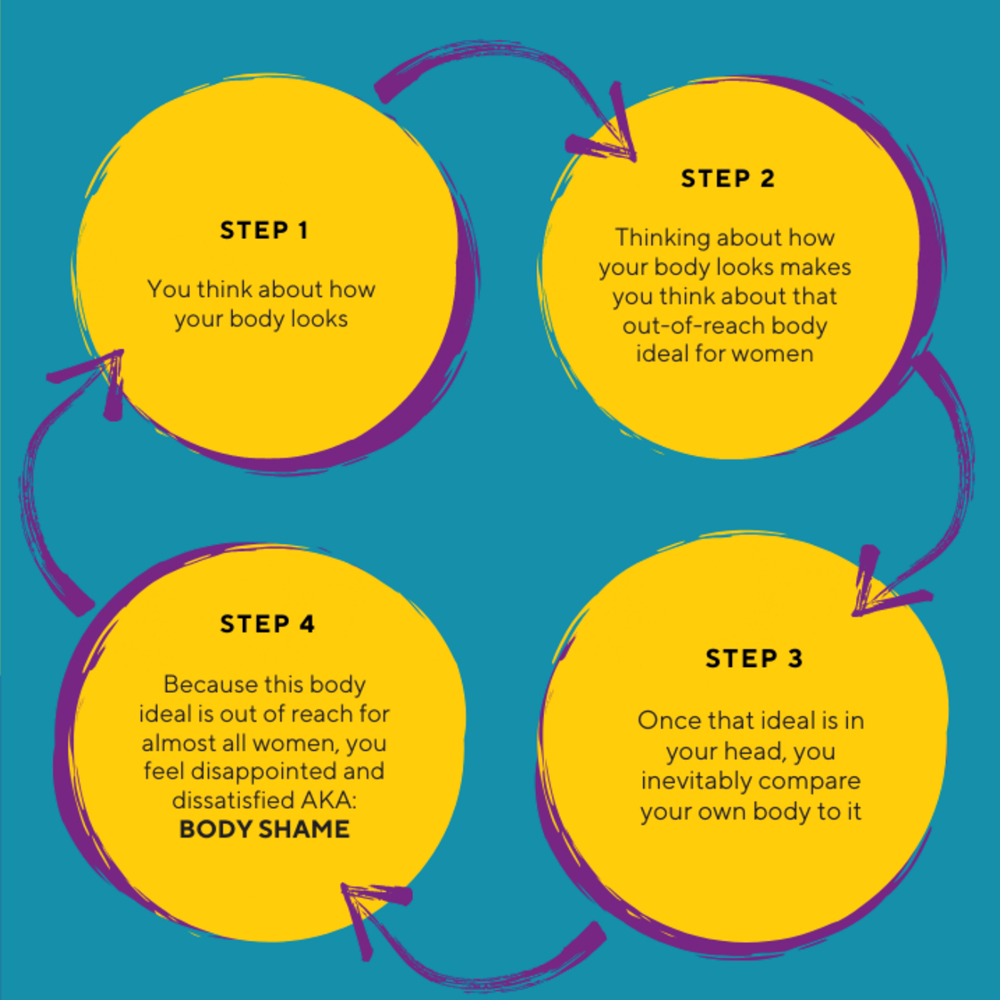
The Body Shame Cycle
The more emphasis you put on your physical appearance the more shame you tend to feel. This can create a nasty psychological feedback loop where shame turns your thoughts back to your appearance which then results in more body shame.
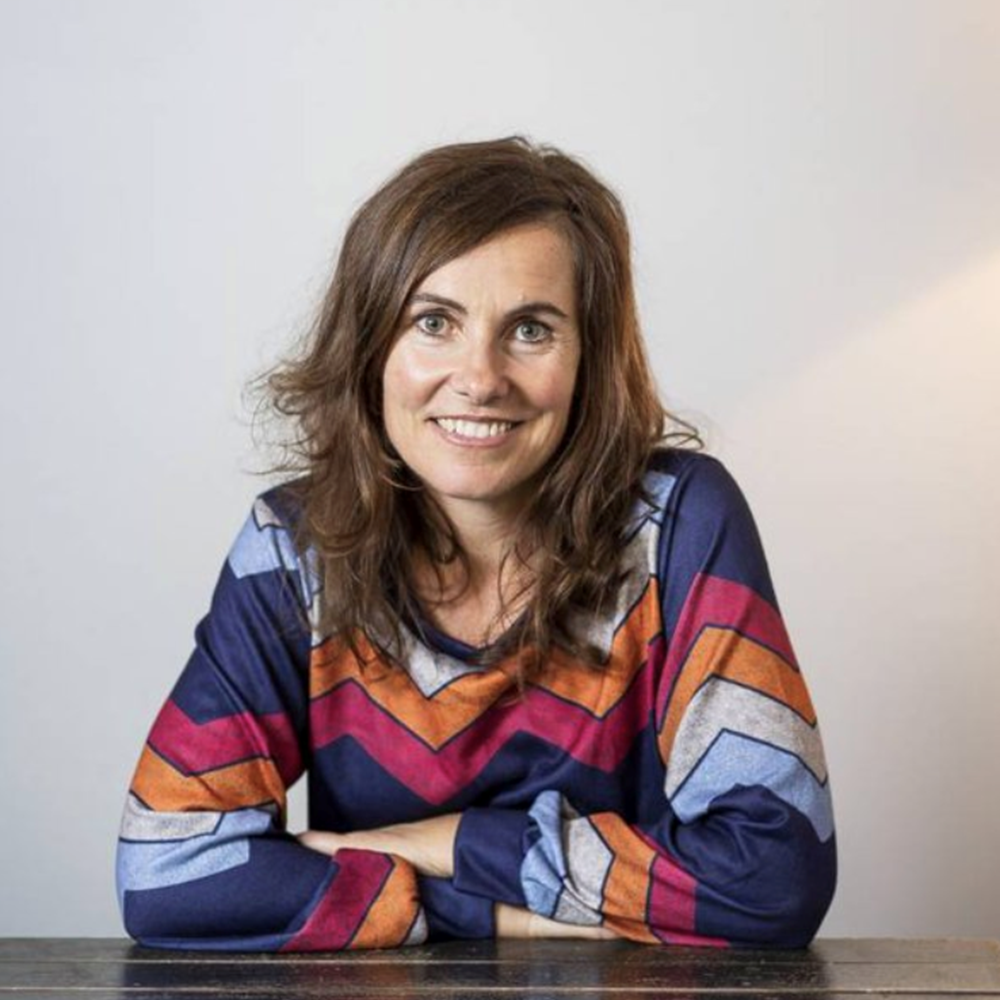
Angela Barnett. Founder of Pretty Smart. Body Image Champion.
If you don't see yourself represented in the media don't question your body, your ability, your orientation - question what BS you're looking at! Your body is an instrument to ride through life with. Enjoy it from the inside out.
Other Insight Reports that might interest you
You can make a difference to the lives of young women and girls today
Many of our young women are still marginalised, living in a system where they face multiple challenges. We need your help to even up the playing field.


